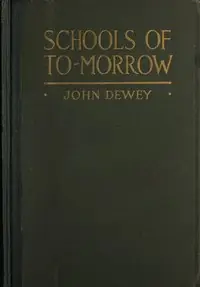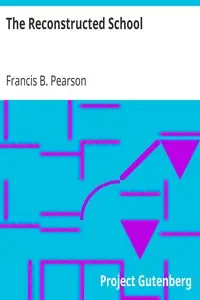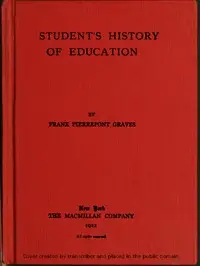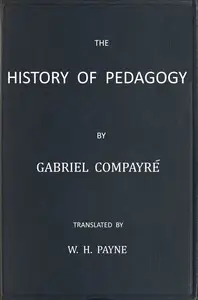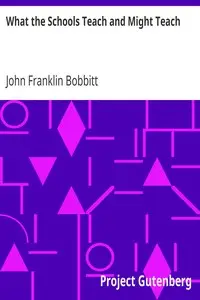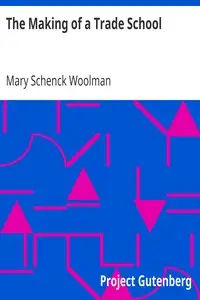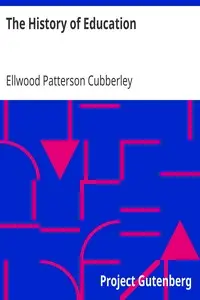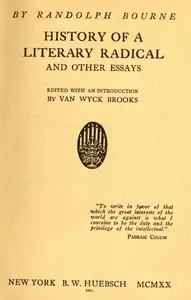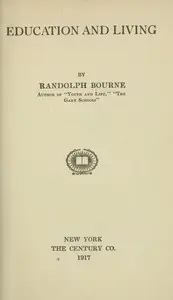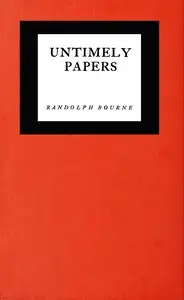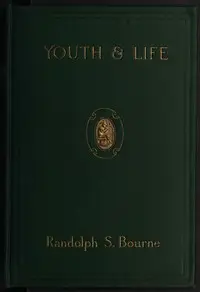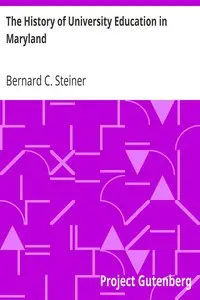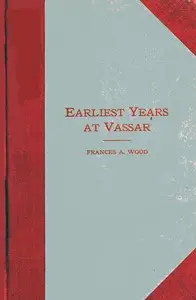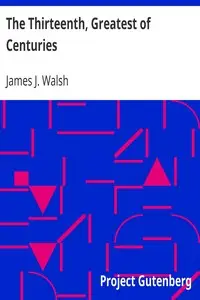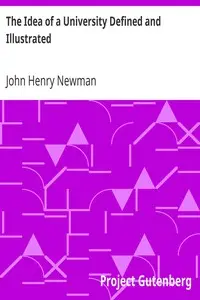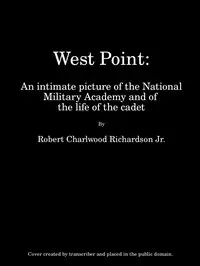"The Gary Schools" by Randolph Silliman Bourne is an exploration of a groundbreaking educational approach developed in Gary, Indiana, during the early 1900s. The book showcases a forward-thinking public school system conceived to tackle the difficulties of city education and combine the school and larger community. At the center of the book is a school model that strives to deliver a complete education by carefully mixing work, learning, and recreation to help students grow into all-around people. The book starts by explaining the origins of and the importance of the Gary school system. It tells the story of how the school came to be in a time of fast-paced industry growth and the need for an education that was designed to be responsive and change with the times. Bourne points out that the Gary schools were built to be an important part of their community by blending educational resources and opportunities instead of just acting as separate entities. The integration of vocational training, art, and traditional academic subjects seeks to make an extensive educational setting intended to address the shortcomings of traditional education.
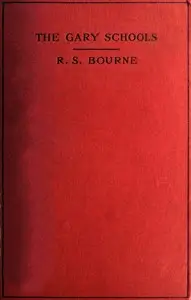
The Gary Schools
By Randolph Silliman Bourne
Discover a revolutionary school where work, play, and study combine to create a powerful learning experience in a growing industrial town.
Summary
About the AuthorRandolph Silliman Bourne was a progressive writer and intellectual born in Bloomfield, New Jersey, and a graduate of Columbia University. He is considered to be a spokesman for the young radicals living during World War I. His articles appeared in journals including The Seven Arts and The New Republic. Bourne is best known for his essays, especially his unfinished work "The State," discovered after he died. From this essay, which was published posthumously and included in Untimely Papers, comes the phrase "war is the health of the state" that laments the success of governments in arrogating authority and resources during conflicts.
Randolph Silliman Bourne was a progressive writer and intellectual born in Bloomfield, New Jersey, and a graduate of Columbia University. He is considered to be a spokesman for the young radicals living during World War I. His articles appeared in journals including The Seven Arts and The New Republic. Bourne is best known for his essays, especially his unfinished work "The State," discovered after he died. From this essay, which was published posthumously and included in Untimely Papers, comes the phrase "war is the health of the state" that laments the success of governments in arrogating authority and resources during conflicts.

